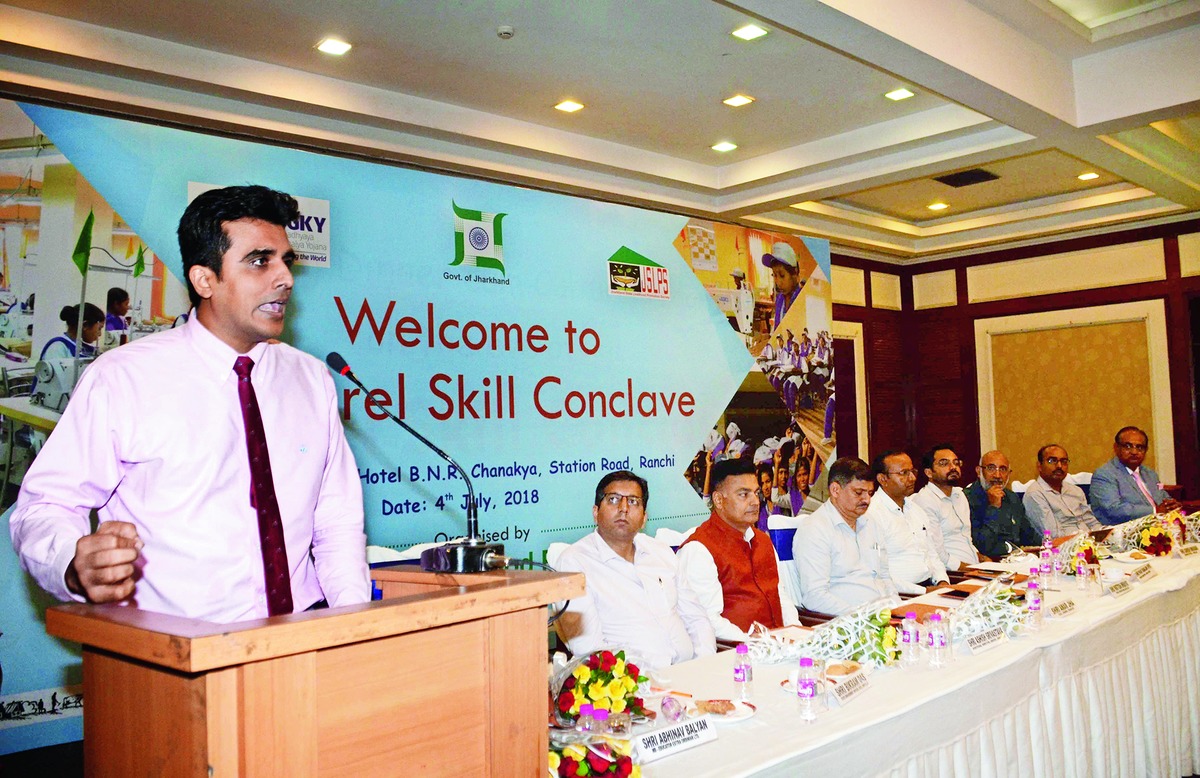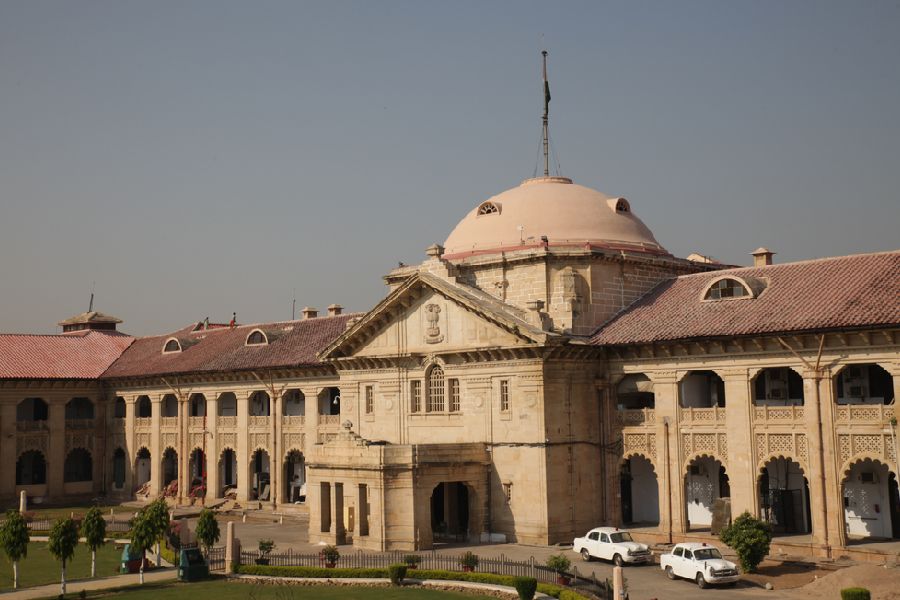
Ranchi: The two-day apparel skill conclave organised by the state government, which concluded at a city hotel on Wednesday, painted a promising picture for job aspirants in the sector.
A visibly elated Pramila Patar of East Singhbhum and Sita Kumari of Simdega, who are undergoing skill development training in the apparel sector, are hopeful of getting jobs and want their own sisters to get a similar chance.
"When I had to discontinue my studies after school due to financial problems, I never thought I would get such a chance," Pramila said.
The conclave was organised by Jharkhand State Livelihood Promotion Society (JSLPS) to facilitate interactions between trainers and industry representatives for improving training programmes that cater to market requirements and enable trainees to become job-ready.
JSLPS chief executive Paritosh Upadhyay said textiles accounted for 14 per cent of industrial production, 4 per cent of gross domestic product and was also the largest source of employment.
"The sector is growing by 13.58 per cent every year and is likely to touch $250 billion by 2019," he said, adding that the Jharkhand government has set a target to train 25,000 youths in the apparel sector in the next two years.
Trainees will be skilled a industrial sewing machine operators, hand and machine embroiderers, knitters, cutters, finishers and packers.
"The state government is very keen on promoting skill development and has been supporting and monitoring the programme sincerely," said Rajiv Mehta, chairman and MD of NIAM, which provides skill training in the state.
Rajan, senior manager of knitted garments manufacturer Best Corporation in Tamil Nadu, said trained youths should also be mentally prepared to relocate so that they could be absorbed by the industrial units of other states.










